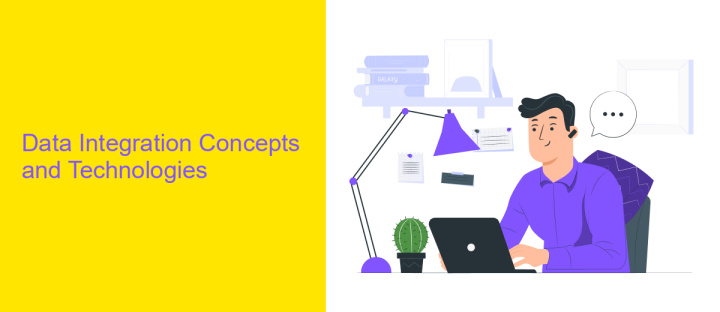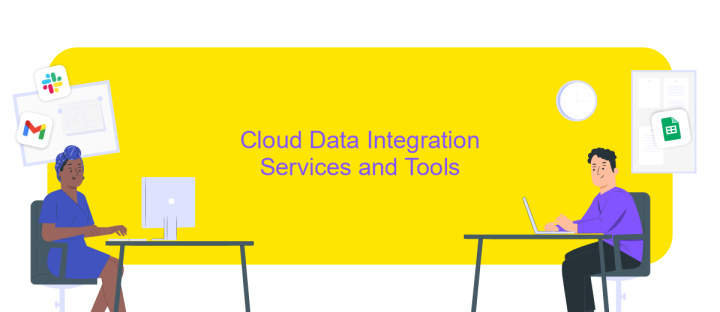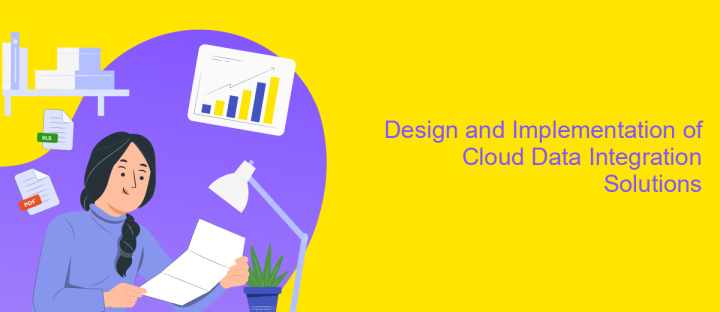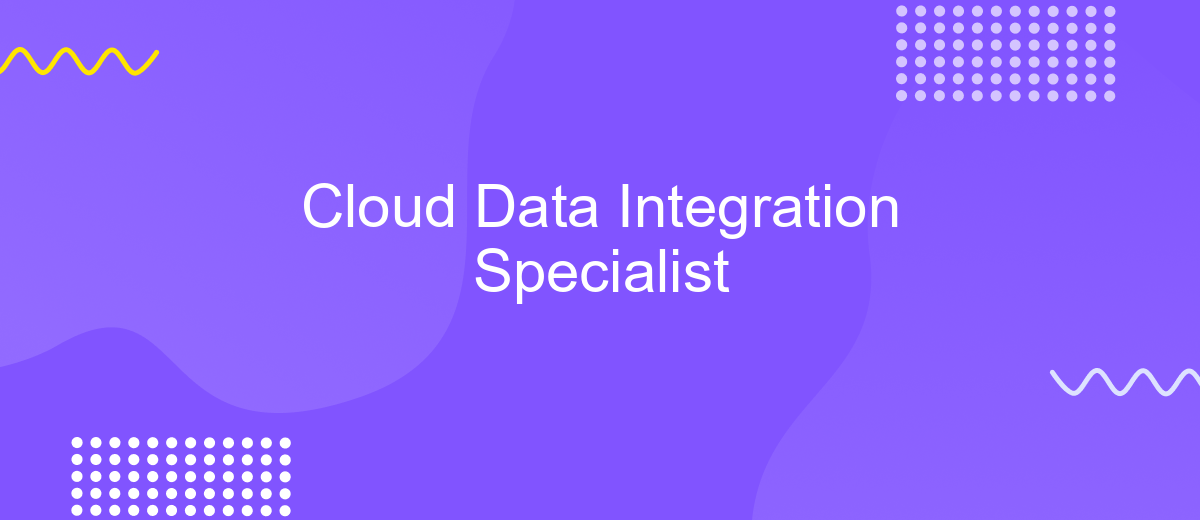Cloud Data Integration Specialist
In today's data-driven world, the role of a Cloud Data Integration Specialist has become increasingly crucial. These experts bridge the gap between disparate data sources and cloud platforms, ensuring seamless data flow and accessibility. By leveraging advanced integration tools and methodologies, they enable organizations to harness the full potential of their data, driving informed decision-making and operational efficiency.
Introduction
In today's rapidly evolving digital landscape, the role of a Cloud Data Integration Specialist has become increasingly vital for businesses aiming to harness the full potential of their data. These specialists are responsible for seamlessly integrating data from various sources into cloud environments, ensuring that information is accessible, reliable, and ready for analysis. Their expertise not only enhances data-driven decision-making but also drives operational efficiency and innovation.
- Design and implement cloud data integration solutions
- Ensure data quality and consistency across platforms
- Optimize data workflows and pipelines for performance
- Collaborate with cross-functional teams for seamless integration
- Monitor and troubleshoot data integration processes
As organizations continue to migrate their operations to the cloud, the demand for skilled Cloud Data Integration Specialists is on the rise. These professionals play a crucial role in bridging the gap between disparate data sources and cloud-based systems, enabling businesses to leverage their data assets more effectively. By staying updated with the latest technologies and best practices, Cloud Data Integration Specialists can help organizations stay competitive in an increasingly data-centric world.
Data Integration Concepts and Technologies

Data integration involves combining data from different sources to provide a unified view, enabling more efficient data analysis and decision-making. Key concepts include ETL (Extract, Transform, Load) processes, data warehousing, and real-time data integration. ETL processes extract data from various sources, transform it into a suitable format, and load it into a data warehouse or other storage solutions. Real-time data integration, on the other hand, focuses on continuously updating data as it changes, ensuring up-to-date information is always available.
Technologies facilitating data integration range from traditional ETL tools to modern cloud-based platforms. One such platform is ApiX-Drive, which simplifies the integration process by allowing users to connect different applications and automate data workflows without the need for coding. ApiX-Drive supports a wide range of applications and services, making it a versatile tool for businesses looking to streamline their data integration efforts. By leveraging such technologies, organizations can achieve seamless data flow, improve data accuracy, and enhance overall operational efficiency.
Cloud Data Integration Services and Tools

Cloud data integration services and tools are essential for modern enterprises seeking to unify disparate data sources and streamline data workflows. These services enable organizations to connect, transform, and manage data across various cloud platforms, ensuring data consistency and accessibility. By leveraging these tools, businesses can enhance data-driven decision-making and maintain a competitive edge.
- Data Integration Platforms: Comprehensive solutions like Informatica Cloud, Talend, and Dell Boomi offer robust data integration capabilities, supporting various data sources and formats.
- ETL Tools: Tools such as Apache NiFi, AWS Glue, and Google Cloud Dataflow facilitate Extract, Transform, Load (ETL) processes, enabling efficient data migration and transformation.
- API Management: Solutions like MuleSoft and Apigee provide API integration and management, allowing seamless data exchange between applications and services.
- Data Virtualization: Tools like Denodo and Red Hat JBoss Data Virtualization offer real-time data integration by creating virtual views of data from multiple sources.
Utilizing these cloud data integration services and tools helps organizations achieve a cohesive data ecosystem, improving data quality and operational efficiency. By integrating data effectively, companies can unlock valuable insights and drive innovation in their respective industries.
Design and Implementation of Cloud Data Integration Solutions

Designing and implementing cloud data integration solutions requires a deep understanding of both cloud technologies and data management principles. The process begins with a thorough analysis of the existing data architecture and identifying the specific needs and goals of the organization. This involves assessing data sources, data types, and the required data transformations.
Once the requirements are clear, the next step is to select the appropriate cloud integration tools and platforms. This selection is crucial as it determines the efficiency, scalability, and security of the integration solution. Popular choices include AWS Glue, Azure Data Factory, and Google Cloud Dataflow, among others.
- Define data integration requirements and objectives
- Select suitable cloud integration tools and platforms
- Design data workflows and transformation processes
- Implement data pipelines and monitor performance
- Ensure data security and compliance
Finally, continuous monitoring and optimization are essential to maintain the performance and reliability of the cloud data integration solution. Regular audits and updates help in addressing any emerging issues and adapting to changing business needs. This holistic approach ensures that the integration solution remains effective and aligned with organizational goals.
Best Practices and Future Trends
Implementing best practices in cloud data integration involves ensuring data accuracy, security, and scalability. Regularly audit and validate data flows to maintain data integrity. Utilize robust encryption methods to protect sensitive information during transit and storage. Scalability can be achieved by adopting a microservices architecture, which allows for seamless scaling of individual components as needed. Leveraging tools like ApiX-Drive can streamline the integration process by automating data transfers between various applications and services, reducing the risk of human error and improving efficiency.
Future trends in cloud data integration are likely to focus on increased use of artificial intelligence and machine learning to enhance data processing and analytics. AI can help in predictive data integration, identifying patterns and anomalies in real-time. Additionally, the rise of edge computing will push data processing closer to the data source, reducing latency and improving performance. As organizations continue to adopt multi-cloud strategies, tools that offer seamless integration across different cloud platforms will become increasingly important, ensuring data consistency and accessibility.
FAQ
What is a Cloud Data Integration Specialist?
What skills are essential for a Cloud Data Integration Specialist?
Why is cloud data integration important for businesses?
How can businesses automate their data integration processes?
What are the common challenges faced during cloud data integration?
Do you want to achieve your goals in business, career and life faster and better? Do it with ApiX-Drive – a tool that will remove a significant part of the routine from workflows and free up additional time to achieve your goals. Test the capabilities of Apix-Drive for free – see for yourself the effectiveness of the tool.

